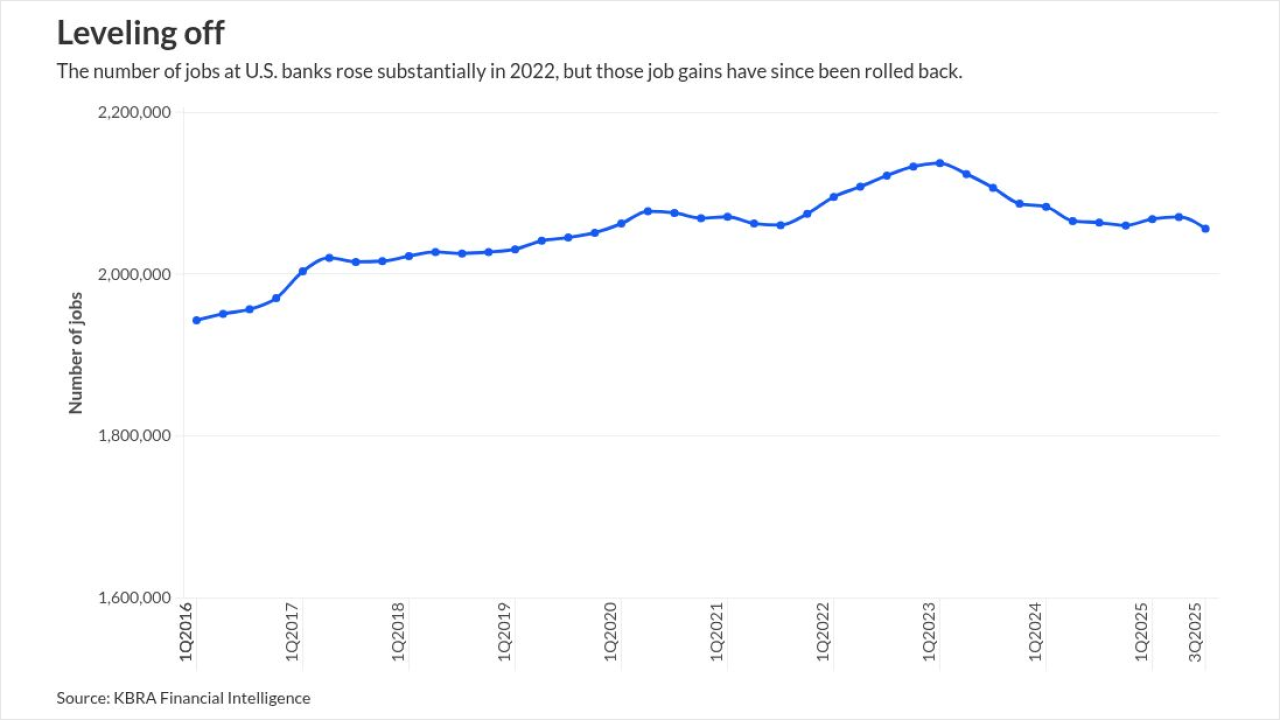Sixteen months after replacing its automated teller machine cards with MasterCard debit cards, Citibank has introduced another debit card program with a new perk: airline miles for purchases.
The Citigroup Inc. unit said last week that it had expanded its 15-year-old partnership with American Airlines to include the new Citibank AAdvantage debit cards, sister products to the successful AAdvantage credit card.
The Citibank frequent-flier debit program is the fifth such program on the market. J.P. Morgan Chase & Co. introduced the first such card program, cobranded with Continental Airlines, in February 1999. In September, Bank of America Corp. introduced three Visa Check cards cobranded with Alaska Airlines, America West, and USAirways.
Citibanks debit card program differs from the others in one respect, which will no doubt displease merchants: The bank will award miles only for signature-based transactions, not for PIN-based ones, for which merchants are charged lower fees. Morgan Chase and Bank of America award miles for both types of transactions.
The reason essentially is the cost of the miles, said Wayne Malone, vice president of distribution management with Citibanks North American retail banking division. With a credit card, there are other things besides the interchange fee that generate revenue, but thats the only thing that generates the revenue for a debit card.
Randy Petersen, the editor of Inside Flyer magazine and the Web Flyer site, which track frequent-flier programs, said that issuers pay airlines in advance for the miles that cardholders will redeem. He estimated that Citibank paid American around $500 million for miles to be redeemed this year a relatively high figure that reflects the spending power of the 45 million members of the airlines AAdvantage program.
Credit card frequent-flier programs have long been popular, because they persuade many cardholders to spend more on their cards to accumulate the miles. Debit cards, which are not traditionally used to buy big-ticket items or airline tickets, seemed a less clear fit for airline loyalty programs.
But as debit card use has soared, banks have been diversifying their product lines. Now, issuers say, debit cardholders want the same perks that credit cardholders get. Folks with a debit card said theyd like to see miles, points, various bonuses, cash back, movie tickets, Mr. Malone said.
A Morgan Chase spokeswoman said customer demand for the Continental Airline debit card program had exceeded the companys expectations. A Bank of America spokeswoman said its airline debit cards have attracted new checking account customers.
Mr. Petersen said that more than half of all frequent-flier miles are earned through purchases other than air travel.
Debit is the next obvious arena for these programs, he said. The Bank One Corp. subsidiary First USA which has United Airlines as a cobranding partner is likely to offer a similar program, Mr. Petersen said. A Delta debit card from American Express Co. could also be a possibility, he said.
The basic Citibank AAdvantage card, which awards a mile for every $2 spent, carries an annual fee of $25, compared with competitors $30 fees. (Bank of America cardholders earn a mile for every $1 of purchases from the airline partner.) The premium AAdvantage debit card costs $65 a year and awards a mile for every $1 spent the same award rate as Morgan Chases Continental Airlines platinum preferred debit card.
Holders of both the basic and premium Chase Continental cards can earn up to 80,000 miles a year. Under the Citi program, basic customers can earn up to 60,000 miles worth about two round-trip tickets and premium customers can earn up to 100,000. Bank of Americas limits vary according to the airline.
Citibank is clearly aiming to win more deposit account customers. People who open checking accounts and sign up for the AAdvantage debit cards get up to 10,000 bonus miles. Citibank customers who switch to the AAdvantage debit cards can get 2,000 miles for the basic card and 4,000 miles for the premium product.
The bank is promoting the cards in its branches and in subway and kiosk advertisements, and says it plans to market them heavily online. The Internet promotion will include a sweepstakes to win a million miles, Citibank said.
Citibank is calling the cards the first translucent debit card in the U.S. Until recently, the see-through fad in the card industry had stalled, because terminals could not read the magnetic stripe on such cards.
Though all AAdvantage debit cards are MasterCard products and bear the MasterCard logo on the face of the card (unlike a recently launched smart card called Citi.you, which bears the logo on the back), Citibank is underplaying the associations brand name.
Its a Citi product and an AAdvantage product, Mr. Malone said. MasterCard is where its accepted.





